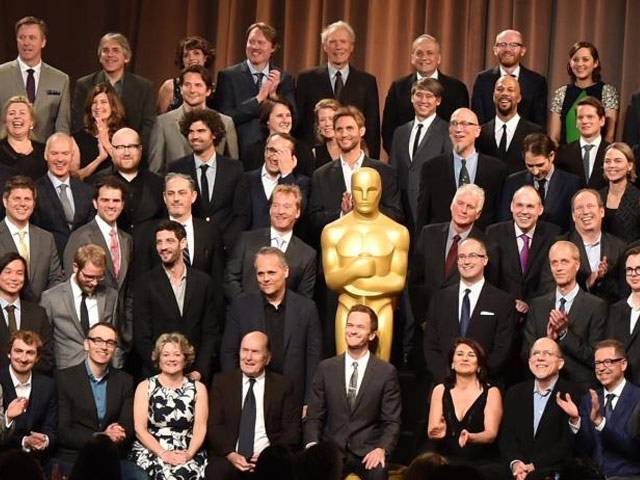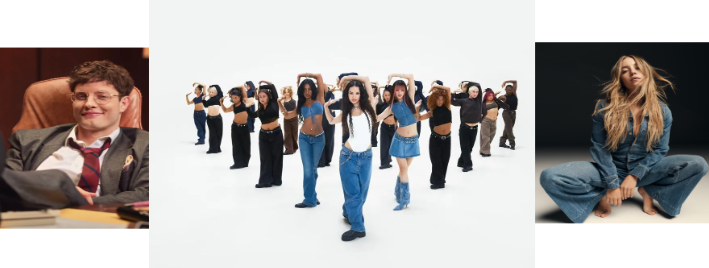Questioning Diversity in Entertainment
As showcased in the Oscar award show of 2016, there is an extreme lack of diversity in Hollywood entertainment businesses but not a lack of roles meant for diverse actors. With such a lack of diversity in the entertainment business, it raises the question, what should be considered when casting different racial roles?
May 17, 2017
More and more people have begun to bring up the white-washing happening in Hollywood. Whether it be in major motion pictures, or in similar fields of entertainment, there has been much controversy over the correct racial casting of roles. This topic, though most recently joining the mainstream of entertainment, has been causing problems for a much longer time. Take roles like Major Motoko Kusanagi, a role originally portrayed as Asian, being played by Scarlett Johansson (a white actress) in Ghost in the Shell. This live action version of a Japanese anime is just one example of the obvious whitewashing of roles in Hollywood. When asked about her thoughts on this live action movie, junior Janise English said, “I think the original culture should stay as it is in the anime, as well as the show that they are making.” This is the popular opinion as freshman Natalie Maron agreed; “If the show has a specific ethnicity for a character, then why would you change it just so it could be a white character?”
Even though the majority of anger is fueled from California based studios, the Broadway community in New York has also been known to cause casting problems. Hamilton the American Musical landed in the middle of a similar problem with a questionable casting call. In August of 2016, the award-winning musical was under fire for a notice posted on the musical’s website, as well as a trade website, calling for non-white actors. This particular incident was explained later by the producer saying that it is essential to the storytelling of the musical that the principle roles – which were written for non-white actors- be performed by non-white actors. Later going on to reference other musicals, the producer was clear that they welcome people of all ethnicities to audition for Hamilton.
While the casting of Hamilton seems to fit the musical perfectly, it is not racially correct; so why is this casting considered justified while the Hollywood casting is not? This explanation can best be summed up into one word, purpose. The purpose of italics was to have a diverse telling of historically significant events, thus it is acceptable for the musical to have an African American George Washington and Angelica Schuyler. While it is not as acceptable for a live action version of a Japanese anime to cast a white actress as its main, Asian, character. Even though this white washing has been a repeated theme in Hollywood, it is time to put an end to the blatant disregard for the race of popular characters.













